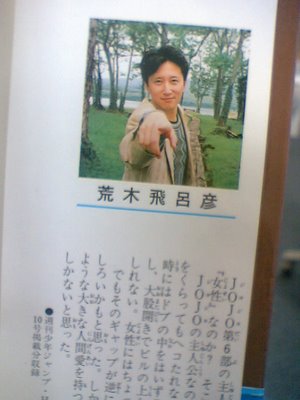Yes, if your work can be constrained by keywords of: tagging, consensus, Semantic Web, ontology and folksonomy, you would quite understand what I mean: To model tagging in a machine understandable way.
Yesterday, I looked into the SKOS core guide in W3C.
SKOS, as declared in the specification, is "an area of work ... to support the use of knowledge organization systems (KOS) such as thesauri, classification schemes, subject heading lists, taxonomies, other types of controlled vocabulary, and perhaps also terminologies and glossaries, within the framework of the Semantic Web."
and SKOS core "provides a model for expressing the basic structure and content of concept schemes such as thesauri, classification schemes, subject heading lists, taxonomies, 'folksonomies', other types of controlled vocabulary, and also concept schemes embedded in glossaries and terminologies.".
Well, I agree that SKOS might be proper to express thesauri,classification schemes... but not folksonomies.
1. the SKOS vocabularies related to folksonomy.
As far as my understanding goes, the subject indexing is the formalized specification of tagging by SKOS.
But I would rather say it is a specification of :" how to identify the subjects of a document by SKOS concepts" than a specification of tagging.
2. The feature of tagging?
1) The first and most important thing is a tag is *NOT* a concept, especially it is not a concept defined in an ontology.
It might *present* some concept, the concept that is hidden deeply in the user's mind. Most of the time, one just pick up some word he is familiar with, or that jumps before his eyes as a tag. Even worse, one might not sure what he wants to say while tagging. (some one might tag with the word "the most important")
And a tag is not an agreed vocabulary. While tagging, everyone chooses his own words, carrying their own meaning. There is no worrying about the others' opinion on the usage/meaning/definition of the tag. But ontology, by definition, is on the contrary, it is an agreed specification, it is a consensus in a domain.
2) the second issue is, it is hard to name the relation between a tag and its document. Maybe it is ok when using none as tags, in this situation, we can assume the tag reflects the subject of a documents (how much can we rely on this assumption is an other topic, whereas the success of folksonomy like delicious is not rely on it.). But how about a verb, like "todo"? It just means " I will do something with it".
3. tagging with ontology?
So someone will argue why can't we oblige the users tagging by concepts defined in ontology ? Mmmmm.. feel familiar with it.. yes, the manual annotation work done several years ago.
It just doesn't work, for "folks". Who can endure the startup cost before tagging? To find the concepts,to figure out the "right" one... will kill everyone... And who takes the resposibility of creating all the concepts demanded by the world?
4. The tagging ontology
We do need model tagging in a machine readable way, but by putting tags to the center. Like, what's the concept of tagging, what's the anticipated role assigned to it?
ok.. advertising.. my toy project, lego-note, is working towards it...
And here is a good discussion given by Tom Gruber:Ontology of Folksonomy: A Mash-up of Apples and Oranges






